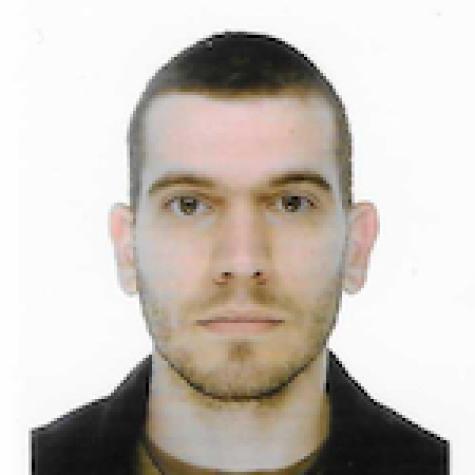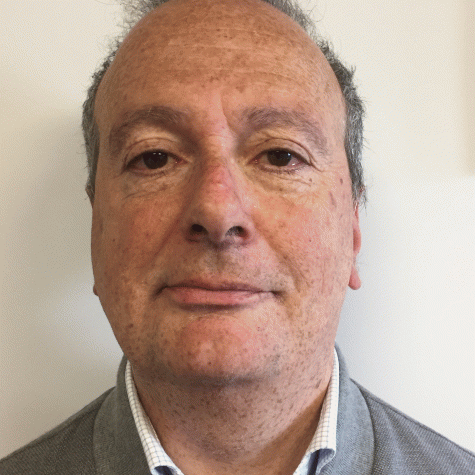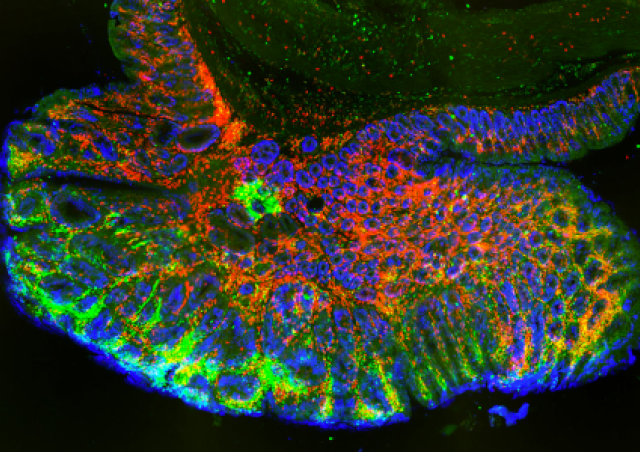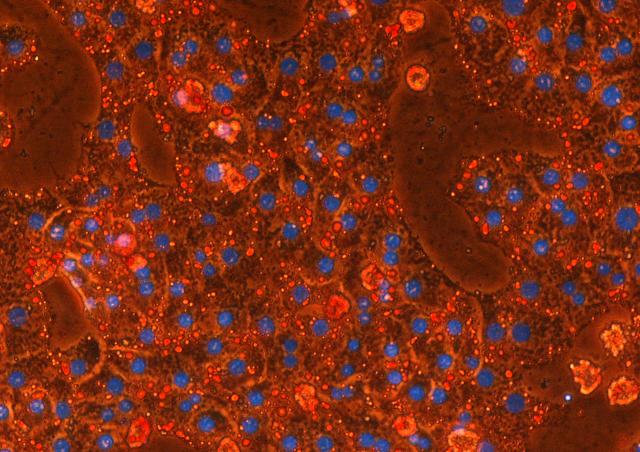Members of the project
Project
Only a minority of patients with solid cancers responds to immunotherapy approaches. A major challenge is to identify the mechanisms responsible for such resistance, in order to propose more efficient strategies to overcome it. In solid cancers, tumor cells lie frequently within tumor islets surrounded by a stroma composed of fibers and host-derived suppressive cells. Therefore, in order to efficiently eradicate cancer cells, T cells (coming from blood circulation) must actively migrate to cross the stroma and make contact with tumor cells in the tumor islets. Unfortunately, several factors impede an efficient intratumoral T cell migration, thus preventing T cells from contacting and killing cancer cells. The hostile microenvironment of solid cancers also limits the infiltration of CAR T cells, reducing their efficacy. In addition to the role of extrinsic factors (e.g., extracellular matrix and macrophages), a defective T cell migration may be the result of deficient metabolic activity. Indeed, metabolism sustains cell migration, which relies on fine regulation of cytoskeleton remodeling, for which metabolic reactions provide energy in the form of ATP (for actin) or GTP (for tubulin). We recently characterized how metabolism regulates the migration of human T cells, and we identified the main metabolic pathways sustaining the migration of T cells infiltrating a solid tumor mass (PMID: 38467616). These results open up the possibility of targeting the metabolism of T cells to enhance their intratumoral migration into human solid tumors, thus improving the efficacy of current immunotherapy approaches. To achieve this aim, the research group is currently focused on the following aspects:
- identification of innovative metabolic approaches able to improve the intratumoral motility of T and CAR T cells in preclinical solid tumor models.
- characterization of the migratory ability of T cells infiltrating a solid tumor mass in order to identify “pro-motility signatures” that can be targeted for therapy.
- analysis of the impact of the metabolic heterogeneity in cancer patients on the intratumoral T cell migration in order to ameliorate our ability to identify cancer patients with defective T cell migration.
Main technologies of the laboratory:
- 2D and 3D in vitro models to study T cell migration
- viable tumor slices to analyze T cell migration in a solid tumor context
- preclinical mouse models of solid cancers to study CAR T cell-based therapy
Image seen on the team webpage: T cells (green) migrating in a 3D collagen gel. Tracks are in red.











